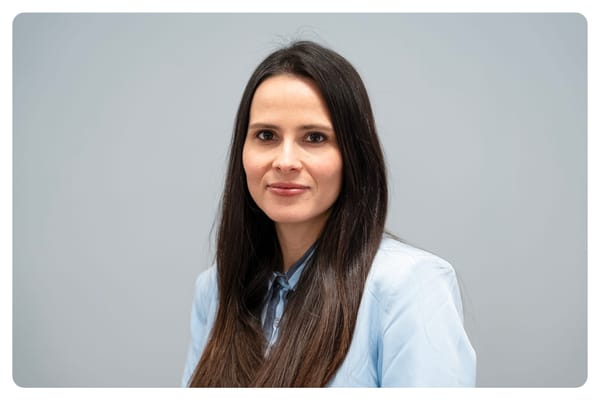A Simple Patch. A Smarter Future for Asthma Care.

Turning complex problems into simple tools
Sahil Manjania grew up in a family where entrepreneurship was not a buzzword. It was a daily practice of solving real problems with practical ideas. That lens now guides DIA Labs Canada, his medical device company, as it builds a microneedle wearable that continuously tracks asthma inflammation for up to 14 days. The aim is straightforward. Replace guesswork with real data so clinicians and patients can make timely, confident decisions. Sahil’s philosophy is equally clear. Complex problems deserve simple solutions. If a tool is hard to use or expensive to access, it will not change outcomes at scale.
Data that clinicians can trust
Asthma management still leans on questionnaires and aging devices that were designed for another era. Once a patient leaves the clinic, monitoring usually stops. Clinicians do not get the longitudinal signal they need to titrate medication, plan cessation, or judge response to biologics. DIA Labs is targeting the chemistry that matters. Their microneedle patch samples interstitial fluid and reads inflammatory proteins that rise during exacerbations. The result is a continuous stream of clinically relevant data rather than snapshots. For physicians, that means a more defensible diagnosis, better protocol design, and the potential to reduce both overtreatment and undertreatment. It also opens the door to equitable care. Traditional spirometry has known biases that can misclassify Black, Indigenous, and other patients of color. A biochemical signal can help move decision making beyond tools that embed old assumptions.
Confidence for patients to live and move
Ask anyone who has lived with severe asthma. Attacks can arrive with little warning. Fear changes behavior. People skip activities they love, avoid the gym, and hesitate to travel. Parents worry at school drop-off. DIA Labs’ vision is to give patients a quiet layer of confidence. A patch that tracks what is happening inside the body, in real time, so small changes do not become big events. The company talks about management as a daily practice, not a crisis response. That framing matters for children as much as for adults. The goal is not a dashboard for dashboard’s sake. The goal is a life that expands again.
Sahil’s approach to innovation is shaped by applied learning. He studied clinical trials and translational science, the space between what research proves and what care teams actually implement. That is why his team starts with needs assessments and workflow mapping before they design features. They ask who will use the tool, where it fits, and how to keep it affordable. They borrow what already works rather than reinventing it. They treat cost and simplicity as core design constraints, not afterthoughts.
The company’s first customers will be drug sponsors who want real-world signals during trials for next-generation biologics. The longer arc leads to patients and clinicians in everyday care. A patch. A phone. A continuous read on the state of the airway. That is the product story. The founder story explains the rest. Sahil learned early that networks are force multipliers. He built with engineers he trusted, brought in regulatory and medical advisors, and tapped programs that accelerate medtech talent. He is assembling a team that mixes wet-lab rigor with commercialization sense. The culture is once-and-done problem solving. Fix the root issue so people do not need to stack new tools on top of old ones.
DIA Labs is pre-revenue and preparing for clinical testing. The company has secured non-dilutive funding and is opening a pre-seed round to move faster on validation, regulatory work, and reimbursement readiness. The roadmap extends beyond asthma into a broader respiratory portfolio, but the focus is disciplined. Prove the first use case. Show that continuous inflammatory data changes decisions and outcomes. Make it accessible under prescription codes. Then expand.
There is nothing flashy about this vision. That is the point. The future of asthma care should feel simple. A small patch. Better information. Fewer surprises. More life.
Watch the founder's UpNext PopUp interview from Expand North Star 2025
About Flashpoint POV Spotlights
Flashpoint POV Spotlights are in-depth founder features produced by Flashpoint Global—a thought leadership management studio that helps innovators articulate the world they’re creating.
Each story begins with a Future Narrative Session and develops into a Minimum Viable POV (MVPov): the founder’s clearest statement of purpose and perspective.
Follow UpNext Global to discover more founders shaping the future. (If you’re a founder interested in clarifying your own POV, stay tuned — applications open soon.)





